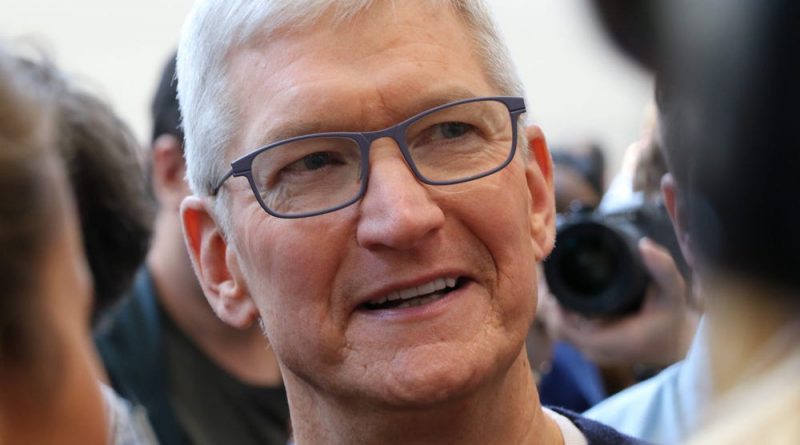Apple will pay $113 million to settle a ‘batterygate’ investigation into its practice of intentionally slowing down old iPhones
Apple will pay a $113 million settlement in an investigation into the company’s practice of intentionally slowing old iPhones down, a move that some customers perceived as a tactic to force them into purchasing new, more expensive models. The Washington Post first reported the news.
Apple declined Business Insider’s request for comment and pointed to a part of the filing that stated Apple’s settlement does not imply admittance of wrongdoing.
The so-called “batterygate” scandal dates back to 2017 when customers began noticing that their devices were slowing down after downloading new versions of Apple’s software. Apple at the time did admit that the updates indeed slowed down the phones to prevent their aging batteries from causing the devices to randomly shut down. Some customers and critics questioned if the move was instead designed to prompt more sales of new iPhone models, which Apple pushed back on.
This new investigation was launched by more than 30 states, including Arizona, Arkansas, and Indiana, according to a press release. The investigators alleged that Apple was aware that its updates were slowing devices down but failed to inform customers of the practice. In addition to the fine, Apple also legally committed to greater transparency.
“Big Tech companies must stop manipulating consumers and tell them the whole truth about their practices and products,” Arizona Attorney General Mark Brnovich said in the press release. “I’m committed to holding these goliath technology companies accountable when they conceal important information from users.”
This isn’t the only financial penalty levied against Apple for the matter, but many of the payments amount to a drop in the bucket when compared to Apple’s sales — last month, the company reported $26.4 billion in revenue from iPhones alone in its fiscal fourth quarter earnings. A French competition watchdog fined the company $27 million in February for purposefully slowing performance on older iPhones without telling users about it. And in March, Apple agreed to cough up $500 million in a class-action lawsuit that claimed the company slowed phones to prompt customers to upgrade to newer ones.
In July, Apple offered eligible iPhone 7 and 7 Plus users a $25 payout if their devices were running on iOS 11.2 or later and experienced slow performance before December 21, 2017. The offer ended in early October.
Source: BusinessInsider

